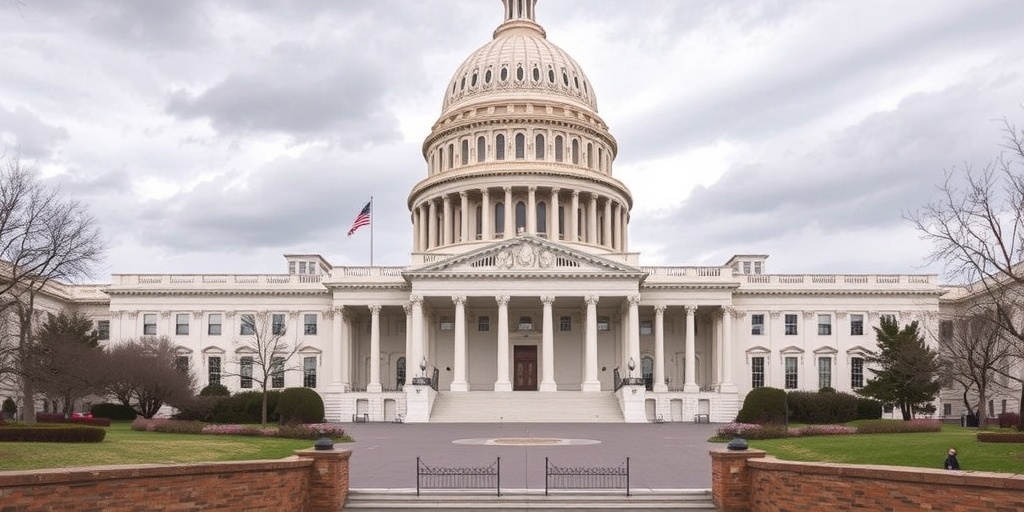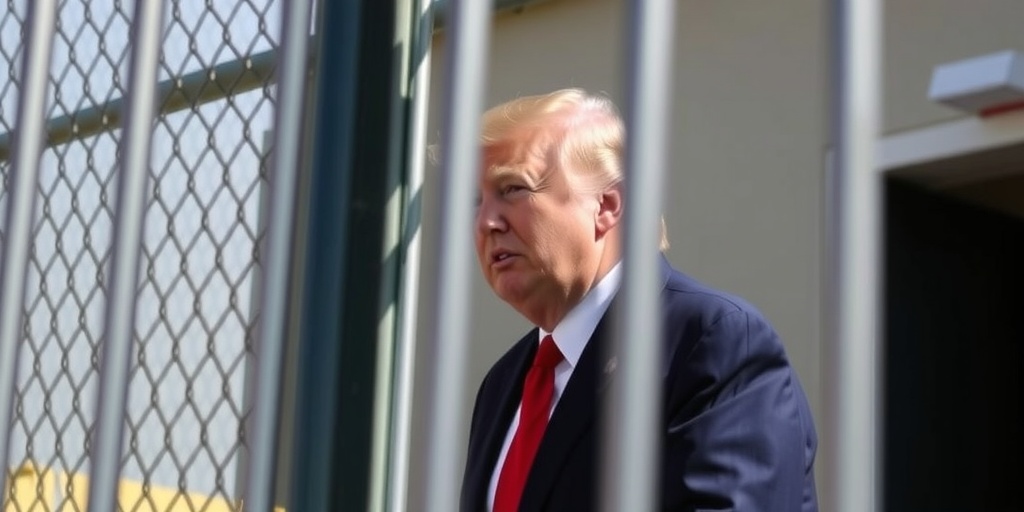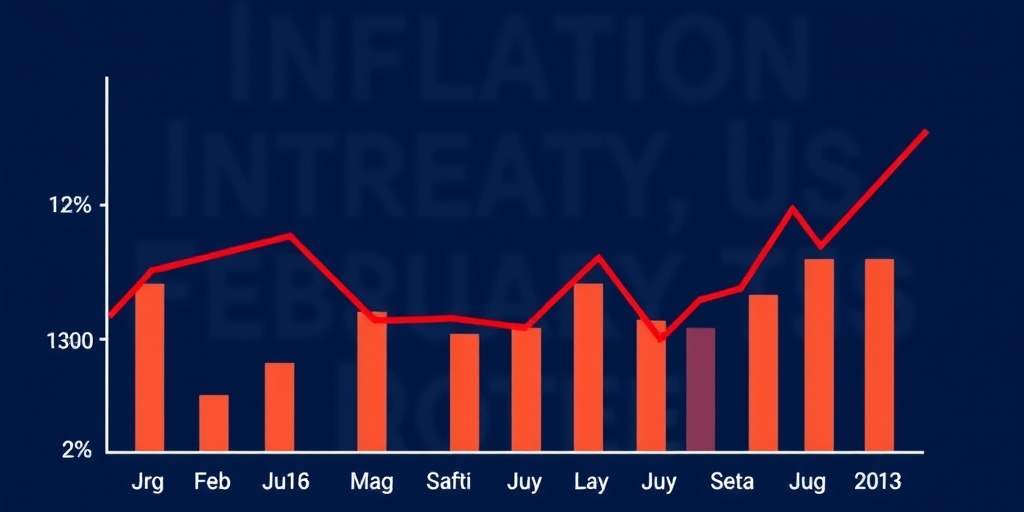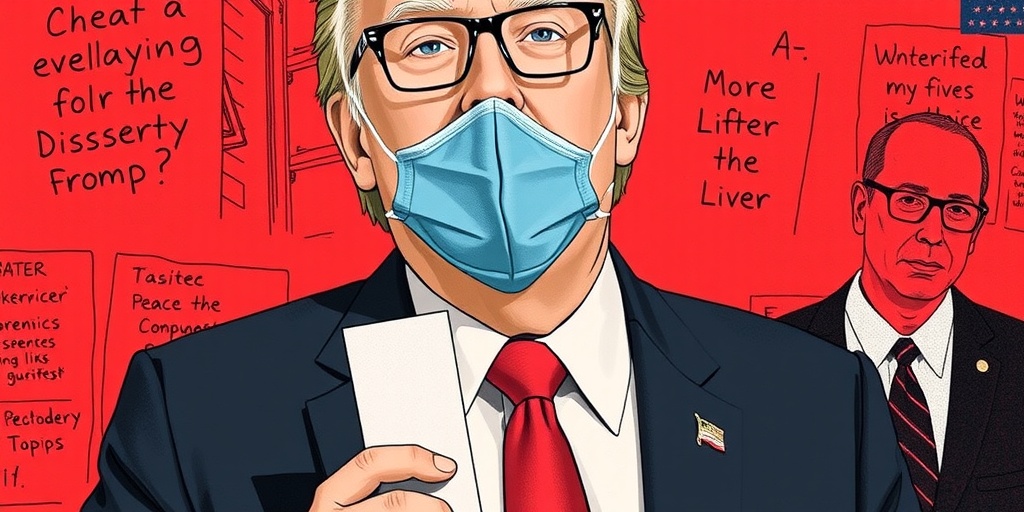Now Reading: Senate Democrats Hesitant on Funding Extension, Threatening Shutdown Risk
-
01
Senate Democrats Hesitant on Funding Extension, Threatening Shutdown Risk
Senate Democrats Hesitant on Funding Extension, Threatening Shutdown Risk
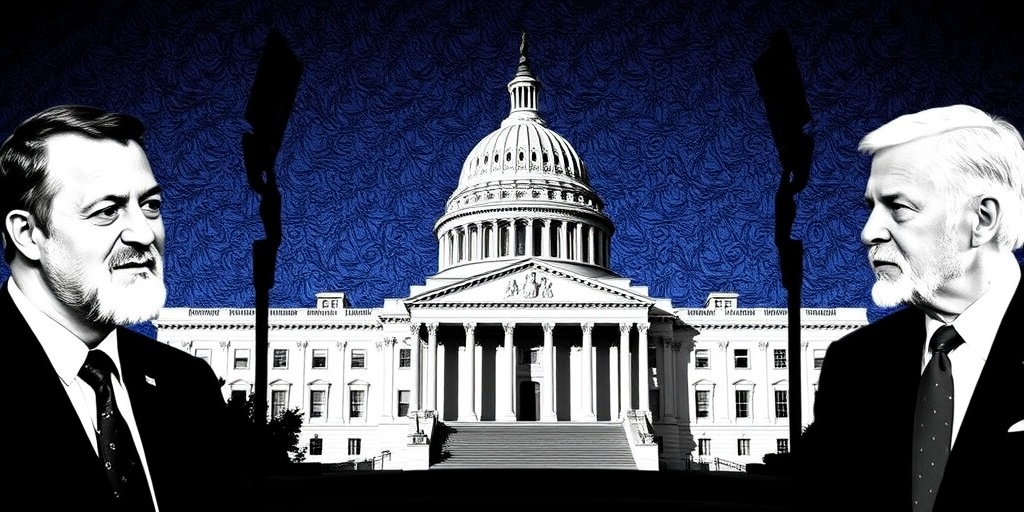
Senate Democrats Stand Firm Against Government Funding Bill, Risking Potential Shutdown
In a significant move on Wednesday, Senate Democratic leader Senator Chuck Schumer announced that the Democratic caucus would not support a stopgap bill intended to fund the government until September 30. This decision heightens the possibility of a government shutdown looming at the end of the week. Schumer’s statement came following a private meeting among Senate Democrats, signaling a unified stance against the Republican-drafted legislation.
"After discussing among ourselves, our caucus is unified on a clean April 11 continuing resolution (C.R.) that aims to keep the government operational while allowing time for Congress to engage in meaningful negotiations on bipartisan spending legislation that can actually pass," Schumer stated, referring to the temporary extension of federal funding typically necessary to avert budgetary crises.
The proposed bill from House Republicans, which passed on Tuesday, aims to maintain federal spending at existing levels for the next six months. However, Senate Democrats have expressed skepticism about supporting it, citing concerns that the bill would empower the Trump administration excessively in its efforts to restructure government operations. For the bill to advance beyond a procedural hurdle, at least eight Democrats would need to back it in the Senate.
As the clock ticks down, federal funding is set to lapse at 12:01 a.m. on March 15, unless Congress collectively takes action to extend it. Any amendments to the House bill or alternative extensions would require a return and voting approval from the House, an outcome deemed highly improbable. Republican leaders, having passed their legislation on Tuesday, opted to adjourn and leave Washington, thus applying pressure on the Senate to accept their funding proposals without further alterations.
This impasse creates a precarious situation for Senate Democrats, who may bear the brunt of public blame for any government shutdown. Despite their complaints regarding disruptions caused by the Trump administration to federal agencies, Democratic senators are facing intense pressure from their House counterparts and activist groups to staunchly oppose President Trump’s initiatives, particularly amid concerns about business magnate Elon Musk’s increasing influence as the new administration moves to dismantle significant portions of federal bureaucracy.
With merely two days left before a potential shutdown, there remains a slim chance for a reversal from Democrats, especially as the potential consequences of a government shutdown become clearer. The ramifications would affect millions of Americans relying on federal services and could provoke a political backlash against the party’s leadership if they are viewed as hindering governmental operations.
In addition to Schumer’s comments, House Democratic leaders gathered at a retreat in Virginia expressed their apprehensions. They implored their Senate counterparts to align with them and reject the government funding bill, emphasizing the need for a pause in discussions to better assess the situation at hand.
Representative Hakeem Jeffries, the House Democratic leader from New York, strongly criticized the proposed measure, labeling it "a power grab that further unleashes and entrenches Elon Musk’s efforts." Jeffries commended his colleagues for their solidarity in voting against the bill on the House floor, where nearly the entire Democratic caucus, with the exception of one member, opposed the legislation—a clear demonstration of their dissent against policies they perceive as detrimental to federal governance and oversight.
As the debate unfolds, the divide between the parties becomes increasingly pronounced. While Republicans insist on continuity and stability in government funding, Democrats are advocating for reformist measures that reflect their priorities and guard against the perceived overreach of the current administration.
As negotiations continue, the government funding debate serves as a backdrop for broader discussions about the direction of federal policies and the legislative priorities of both parties. The outcome of this standoff will not only affect immediate government operations but will likely set a significant precedent for future negotiations and the ongoing power dynamics within Congress.
Whether Senate Democrats will hold their ground or reach a compromise remains to be seen, but the stakes have never been higher as the deadline approaches. The prospective shutdown looms large, with potential economic impacts and public sentiment likely to shape the debate in the days leading up to the deadline.
Stay Informed With the Latest & Most Important News
Previous Post
Next Post
-
 01New technology breakthrough has everyone talking right now
01New technology breakthrough has everyone talking right now -
 02Unbelievable life hack everyone needs to try today
02Unbelievable life hack everyone needs to try today -
 03Fascinating discovery found buried deep beneath the ocean
03Fascinating discovery found buried deep beneath the ocean -
 04Man invents genius device that solves everyday problems
04Man invents genius device that solves everyday problems -
 05Shocking discovery that changes what we know forever
05Shocking discovery that changes what we know forever -
 06Internet goes wild over celebrity’s unexpected fashion choice
06Internet goes wild over celebrity’s unexpected fashion choice -
 07Rare animal sighting stuns scientists and wildlife lovers
07Rare animal sighting stuns scientists and wildlife lovers














